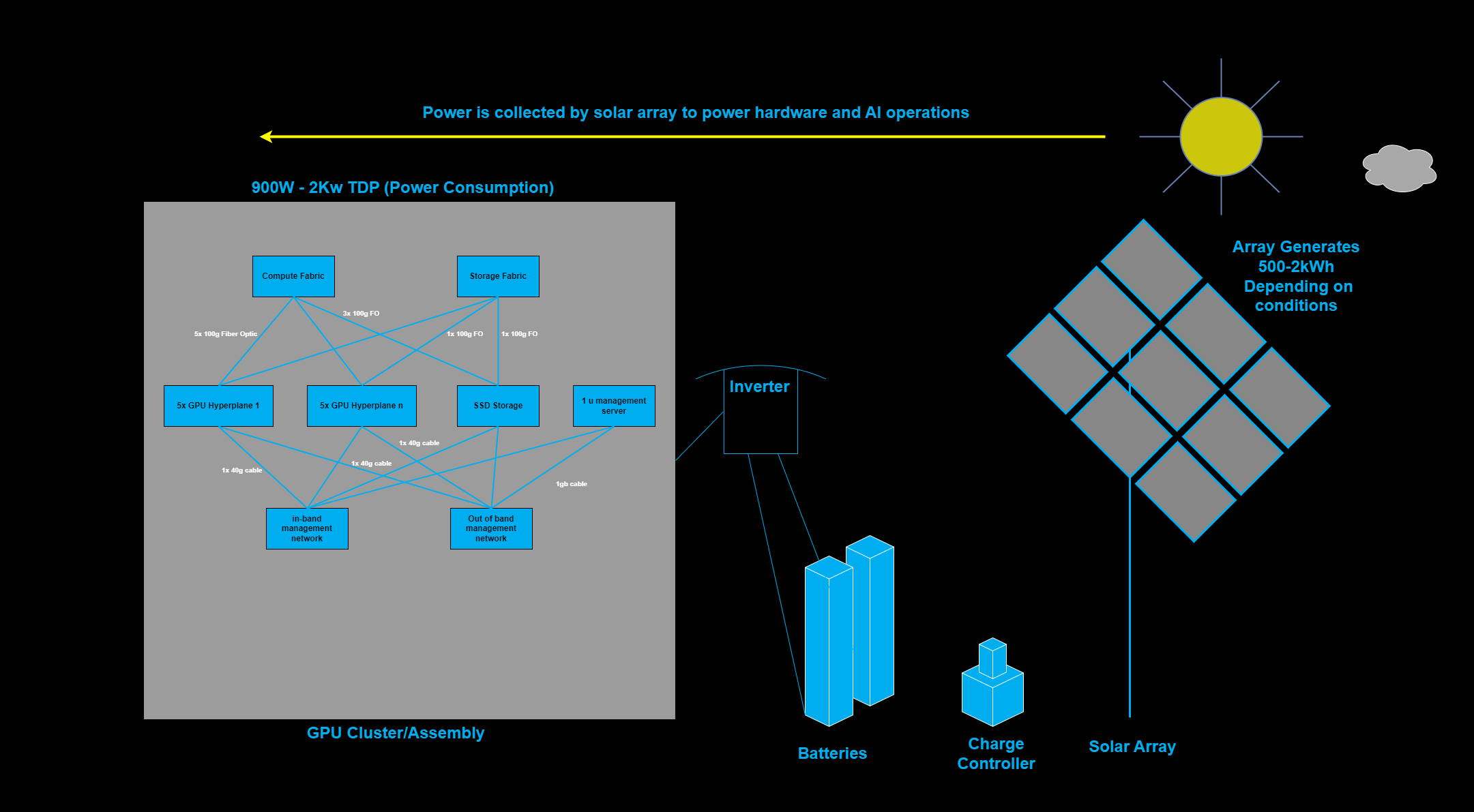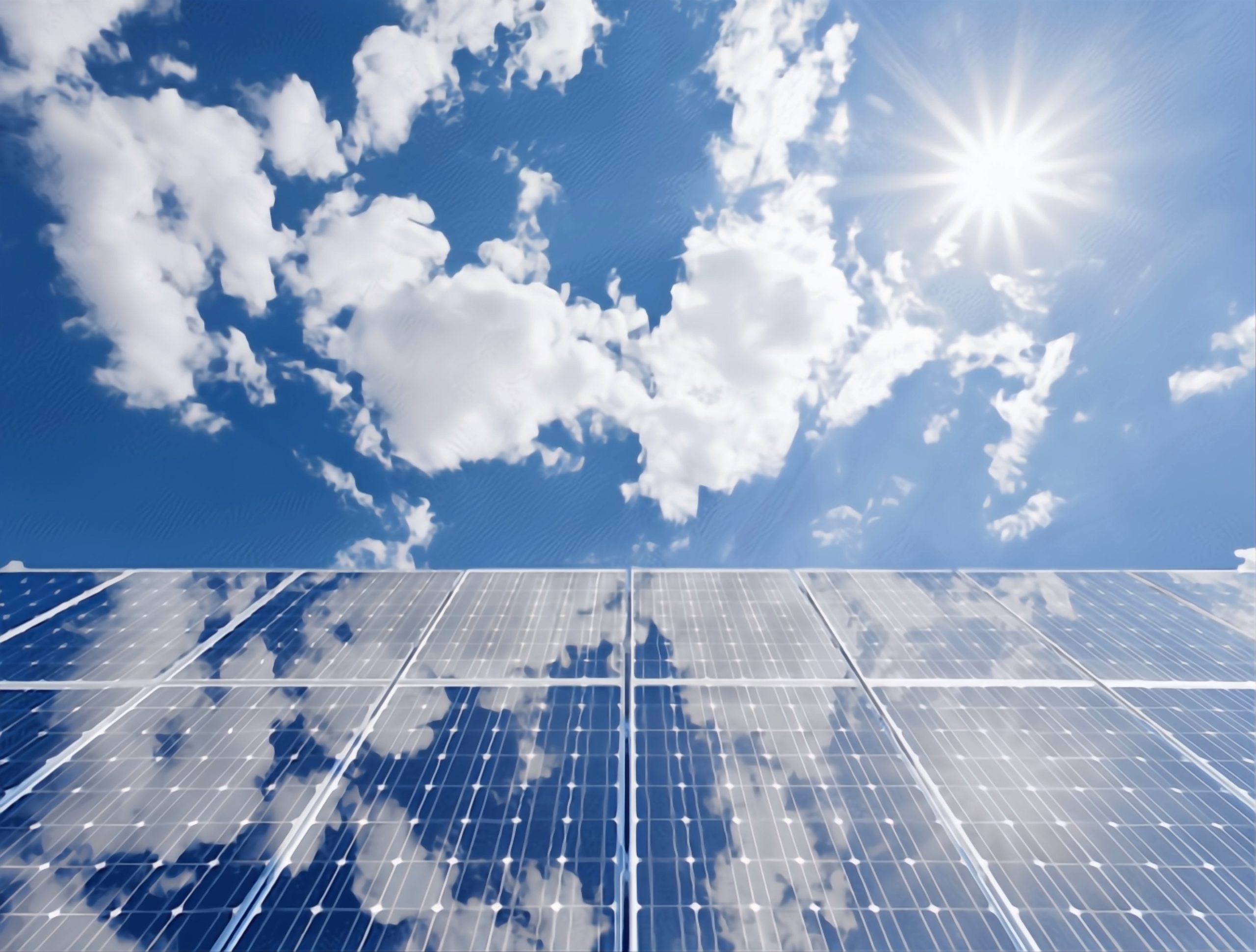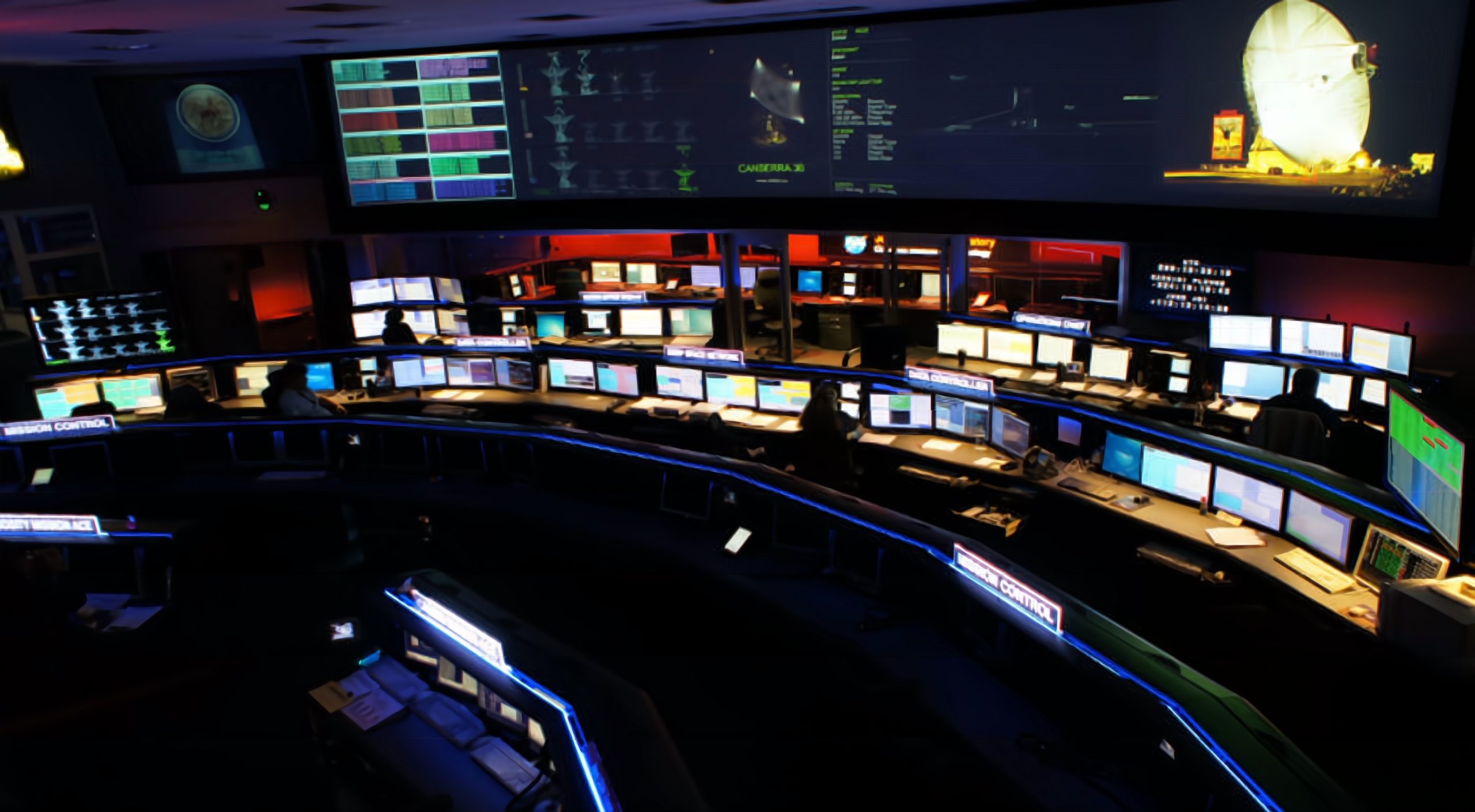Introduction:
At Predictive Equations our mission is to develop technology that can benefit others- we tend to describe it as ethical technology development and utilization, this ranges from how we configure a specific module in our system- facial recognition for example, is oriented to not scan large databases but rather match from submitted evidence, and only when a suspect is already identified, acting as a tool to enable the detective, instead of serving in the place of, and this would be a more ethical utilization compared to unleashing an AI to hunt across a database and make false detections. In development we focus on data handling and responsibility, and the data we use being given authorization of those producing it to do so.
This is on top of goals including limiting mass incarceration, and enabling accessibility to AI. But while serving others is an incredibly valuable initiative in its own right, we believe the world itself is something to consider. From our perspective we hold that not only are we responsible for the well being of our shareholders, but also stakeholders; ranging from the community locally to globally.
Limitations of Generative Technology vs Transformative: Many of our team came from other related technology industries, such as blockchain. In this project, as we continued to develop our AI system and advance to larger and more complex systems and hardware, we have found the power consumption increasing. I personally came out of the blockchain arena, and one of my biggest issues with the industry apart from it amounting to gambling on file structure and sharing, is also how much it harms the world in power consumption.

Costs of Excellence:
Our technology makes use of a lot of that that enables mining and proof of work operations and smart contracts. Specifically in how one can create nodes and webs of gpus and cpus to enable math operations. In this regard, AI are incredibly similar to blockchain, at least when speaking of power consumption. Blockchain by 2022 was found to consume between 120 and 240 terawatts per hour (120 billion kilowatts) with AI following closely behind in 2023 at between 84 to 110 terawatts per hour. While it is true that the earth produces approximately 24,000 terawatts per hour. So while this may seem small, blockchain and AI respectively consume more power than 174 countries individually, and together more than Australia, the United Kingdom, or Italy.
In our view this is not sustainable.
We are committed to also developing technologies that can limit problems like the above, to help combat climate change and global warming, as well as the impact it will have on both human populations and animal.
Data Processing, AI Inference & Solar:
Our plan, and pledge, is in building the nodes of our system, powerful configurations of gpu and data racks that will power the engines that drive our AI, that each power consumption produced, we estimate in the range of 1 kwh per node, will be matched by an array of solar panels with the goal of being net energy neutral, and as green as possible to limit our own contribution to the above problem.




